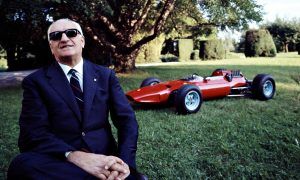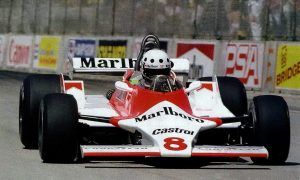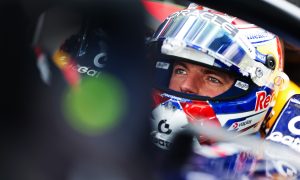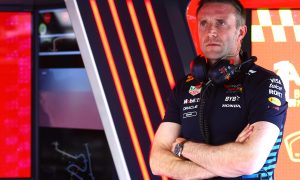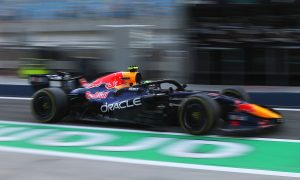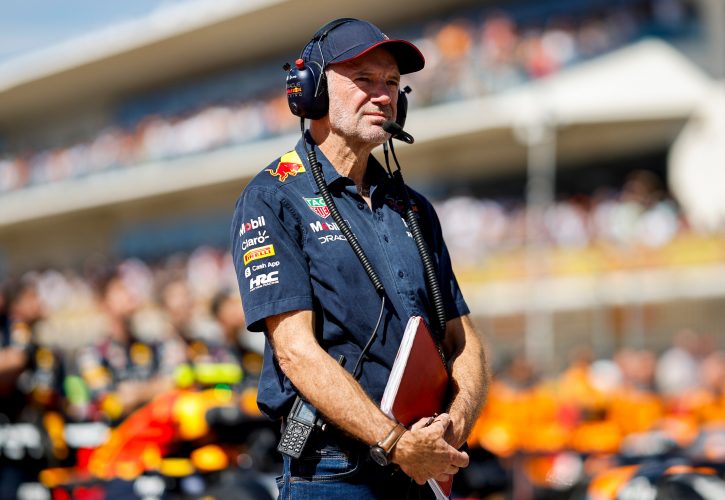
Adrian Newey is no stranger to designing rocket ships, but when the legendary Red Bull engineer was offered a chance to boldly go where no F1 designer had ever gone before, he chose to remain grounded.
The man whose F1 designs have won more than 200 Grands Prix and 12 Constructors’ titles has revealed that ten years ago - after Red Bull’s string of four world titles achieved with Sebastian Vettel - he was approached by an American company to design a spaceship!
Newey has often involved himself in non-F1 projects during his tenure with Red Bull, and he continues to do so.
But in this case, his response was surprisingly down-to-earth, considering the mind-boggling prospect of designing a vessel capable of reaching the vast expanse of space.
"An American company did ring me up, about 10 years ago now, to ask if I would be interested in joining them to work on a spacecraft," he told Top Gear magazine.
"It would be fascinating, and the space race in the Sixties must have been incredibly stimulating. But I find motor racing more fascinating. There’s a tremendous pace of development and involvement in motor racing. I like that."
When asked directly about the idea of working on a spacecraft, Newey quipped: "Dangerous, I think. There is a requirement for them to come back in one piece!"
On the subject of F1 technology and its ever-evolving complexity, Newey was asked about the potential impact of artificial intelligence (AI) on the future of Grand Prix racing.
While AI has been used in Formula 1 for specific applications, such as traction control and launch control, Newey believes its influence will extend far beyond such specialized functions.
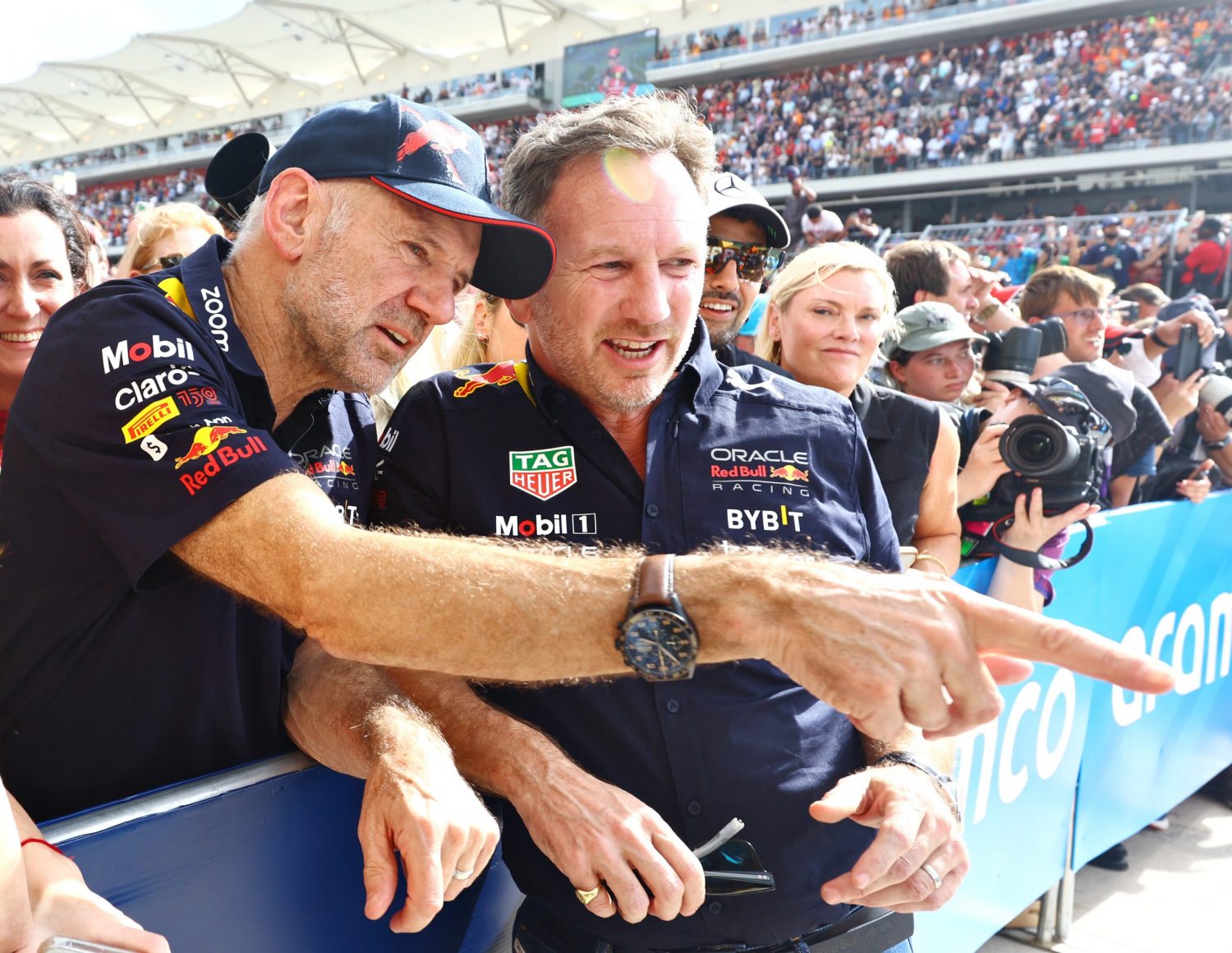
©RedBull
The Briton envisions AI playing at some point a more pervasive role in race car design, helping engineers optimize every aspect of the vehicle, from aerodynamics to suspension.
"At some point it will, but it’s much more difficult to ascertain the timeline," said Newey.
"AI is a broad buzzword term but it’s really an extension of ‘machine learning’ with a bit of internet thrown in, and that’s been around for ages.
"We’ve been using stress analysis optimisers for years [FEA or finite element analysis] but the human ultimately still seems to be better than the optimiser. It’s a tool but they absolutely do not replace the human.”
Keep up to date with all the F1 news via Facebook and Twitter



